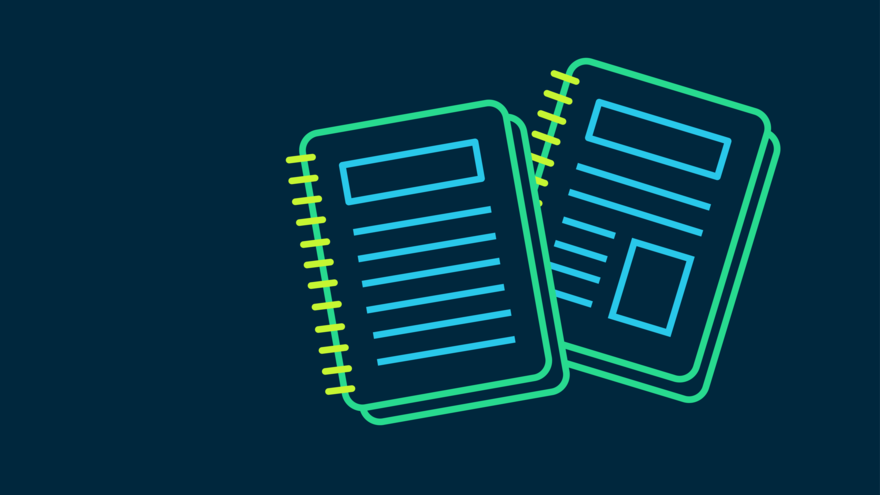Asylum seekers’ health at risk because of digital exclusion
People seeking asylum in the UK are at risk of missing out on basic healthcare services because of barriers to digital access.
A new report from the British Red Cross highlights problems, including
- The affordability of devices and mobile data
- A lack of Wi-Fi in asylum accommodation
- A lack of confidence in using technology and navigating websites in English.
These barriers lead to difficulties such as getting GP and immunisation appointments.
Digital exclusion is also causing mental health problems such as depression, loneliness and isolation.
Read more about this report and download it from the British Red Cross website here.
NHS Digital First policy risks widening health gaps
New research suggests digital health interventions can increase health inequality.
A study looking at the uptake of the NHS App found deprived populations use it less than other groups.
It warns digital health interventions must be tailored to suit local areas and target audiences.
New map points people to local digital inclusion hubs
Good Things Foundation’s National Digital Inclusion Network has launched a UK-wide online map and directory to help people find support with digital skills.
Explore the map and directory on the Good Things Foundation website.
Vape kits stop-smoking scheme to launch this year
1 in 5 smokers in England are to be offered vape starter kits and asked to swap cigarettes for vapes.
The government-backed world-first scheme hopes to reach a million people in an effort to cut smoking rates.
The kits will be alongside behavioural stop-smoking support.
Local authorities will be invited to join the campaign later this year.
Read the announcement via GOV.UK here.
World Health Organization open learning platform wins top award
OpenWHO’s free health knowledge courses hub has been named Learning Platform of the Year at the 2023 Learning Awards.
OpenWHO provides more than 200 public health courses from World Health Organization (WHO) experts. They include:
- Ethics and governance of artificial intelligence for health
- Infodemic management 101
Explore the free online courses from WHO here.
Dying Matters Week focuses on bereavement in the workplace
Dying Matters at Work is the theme of this year’s Dying Matters Week from 8-14 May.
With the aim of encouraging open and empathetic discussion about death, dying and grief, the week is run un by Hospice UK
Find out more, join a webinar and download resources from the Dying Matters campaign website here.
Event: Challenging and changing primary care
NHS England’s annual national Primary Care Improvers Conference is taking place on 7 June.
The virtual event is an opportunity for networking and learning with people working to improve primary care.
Study: Using mobile apps to help people lose weight
A literature review examines how self-monitoring with smartphone apps, combined with health coaching, can help people manage their weight.
Researchers found using combined intervention significantly improved outcomes including weight loss, waist circumference and total calorie consumption.
However, it did not improve outcomes like BMI, blood pressure and physical activity.
Researchers concluded intervention could improve weight-related outcomes, but more research is needed to examine added benefits of using an app.
Read the study via the JMIR website here.
Listen: Using Google to support mental health
A new podcast has launched with an episode on how Google aims to support people’s mental health.
The Royal Society of Medicine (RSM) Digital Health Section is offering the podcast as part of its educational initiative.
It promises to highlight how digital technologies are transforming healthcare.

